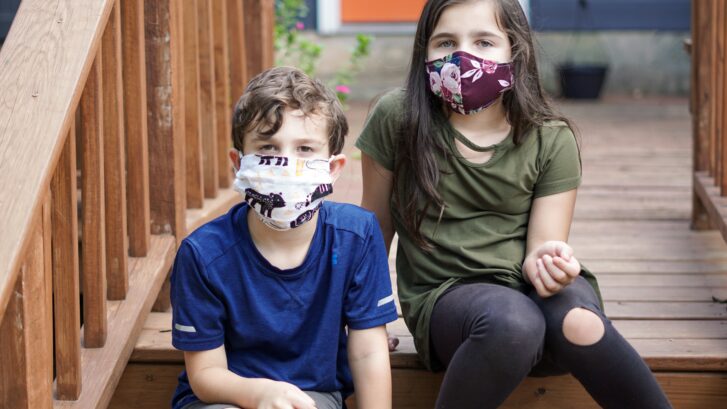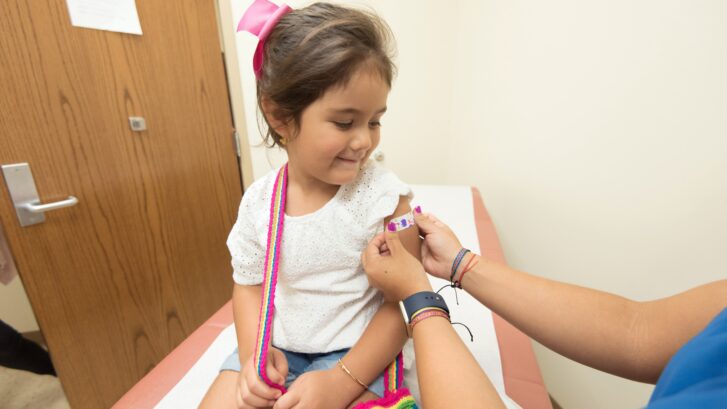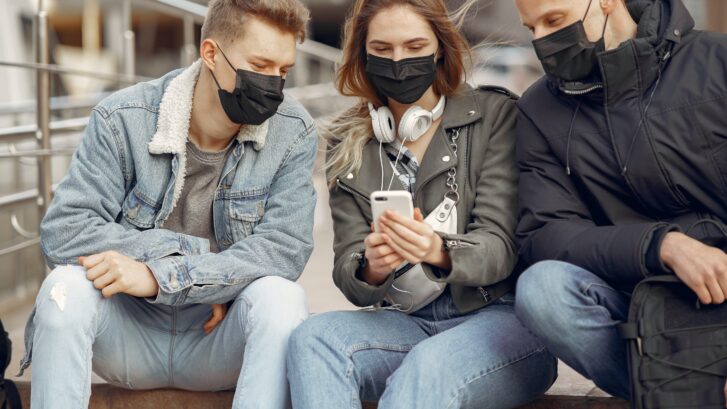What to Expect from the Coronavirus Vaccine
Our concierge doctors are receiving questions as the two approved coronavirus vaccines become more widely available. So we decided to answer many of those questions on the effects of the vaccine here.

Our concierge doctors are receiving questions as the two approved coronavirus vaccines become more widely available. So we decided to answer many of those questions on the effects of the vaccine here.

The middle-of-the-night phone call from the man’s 91-year-old father was frightening.
“Call the police! They’re trying to kill me!”
“Who’s trying to kill you?”
“These people. They’re holding me captive, they’re starving me to death.”
Except “these people” were doctors and nurses, and the older man was in the hospital being tested for a possible stroke. He hadn’t had one, but during the brief two days he’d been in the hospital, he’d acquired a little-known condition called hospital-acquired delirium.

From the onset of the coronavirus pandemic, it became clear the majority of those most affected by COVID-19 infections were adults over the age of 65. The severity of the illness and deaths decreases in younger people. Many began to believe we didn’t have to worry about children when it came to the virus.
Children may be carriers and able to infect others. But many thought if they should become ill, in most cases they’ll exhibit either mild symptoms or none at all.

The start of a new year is traditionally the time to turn the page on the bad habits and disappointments of the previous year.
Usually near the top of the list of New Year’s resolutions that people make is the decision to lose weight. And from a health perspective, our concierge doctors certainly applaud that one.
Overweight or obesity is responsible for a host of chronic diseases, from type 2 diabetes to backaches to joint pain. So you want to achieve and maintain a healthy body weight, right? But which diet is best?

With all the excitement and hope surrounding the rollout of the coronavirus vaccines, our concierge doctors want to highlight other vaccines that could also prove to be lifesavers. Particularly in the case of childhood vaccinations, we have seen a significant reduction in the numbers of children receiving routine immunizations.
And we are not alone. In one of the more troubling results of the pandemic, experts across the country saw a marked decline in children being vaccinated. According to a report released this month by the Wellmark Blue Cross Blue Shield Association, nearly nine million children have received fewer vaccinations than normal. There is a 26 percent decline from last year. This is partly due to the restrictions put in place to combat COVID-19. But, it’s also due to a growing resistance by some parents toward vaccines in general.

Of course running is bad for your knees, right? Everybody knows this. After all, it only makes sense. You’re bringing the full weight of your body down on these joints with every step, so you’re wearing out the cartilage from overuse.
But our concierge doctors have often found that what seems like “common sense” is anything but, which is why we look to science for answers.

If you’ve been one of those fortunate enough to be able to work at home during the pandemic, you’ve probably been glued to your chair for eight or more hours a day. At least at the office you might have been able to walk around from desk to desk, or take the stairs, or take a walk at lunch.
Whereas at home, our concierge doctors are guessing that you get very little chance to move at all. And that could be detrimental to your health.

Let’s face it—this has been a lousy year. We’ve either lost or postponed so many of our normal pleasures, it’s no wonder that we’re feeling deprived. But our concierge doctors have a prescription that can help cheer you up: chocolate.
And ‘tis the season for it, after all. Not to mention that, as we’ll explain below, it can be healthier than eggnog, frosted cookies and cakes, and all the other sugarplums we’re inclined to consume this time of year.

As Florida closes in on the unenviable milestone of nearly a million confirmed cases of COVID-19, our concierge doctors wanted to share a bit of good news. We’ve mentioned before how critical it is to wear face masks in public to help keep others from becoming infected. People can be contagious for up to two weeks before they begin to show symptoms, which accounts for the rapid spread of the disease.
Now a new scientific briefing from the Centers for Disease Control and Prevention (CDC) confirms what researchers had long suspected: Masks protect the wearer as much as those around them. The revised guidance, released late last month, cites several studies. These show masks reduce the risk of contracting the virus by up to 79 percent.

It sounds so easy: Pop a pill (or pills) every day and enjoy radiant health. Unfortunately, our concierge doctors have to caution you that it may not be not that simple. And, according to a new study, the claimed benefits of taking supplements might not even be true.
The study, published this month in the journal BMJ, suggests that the perceived benefits of over-the-counter (OTC) vitamin and mineral supplements may largely be due to the power of the mind.